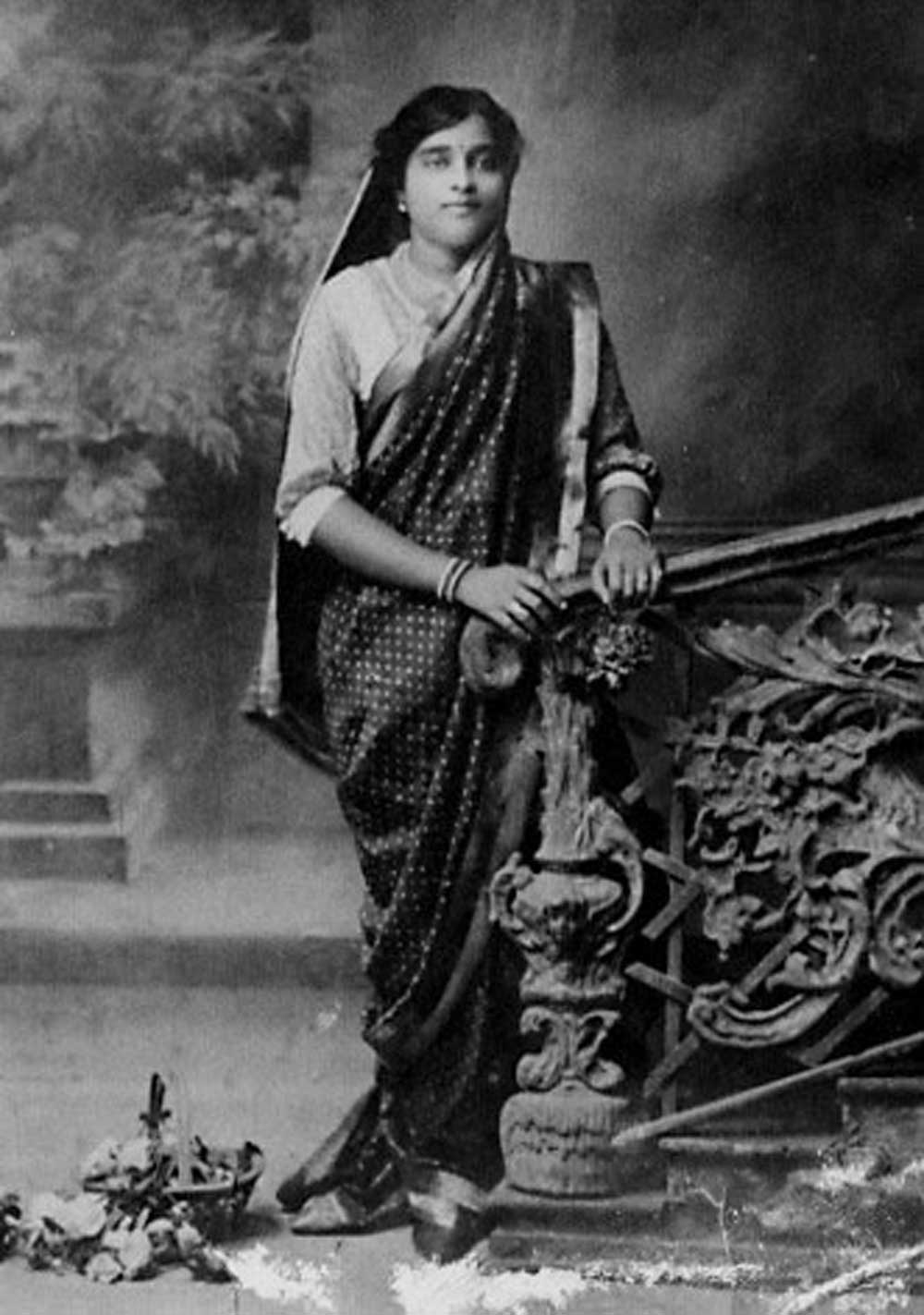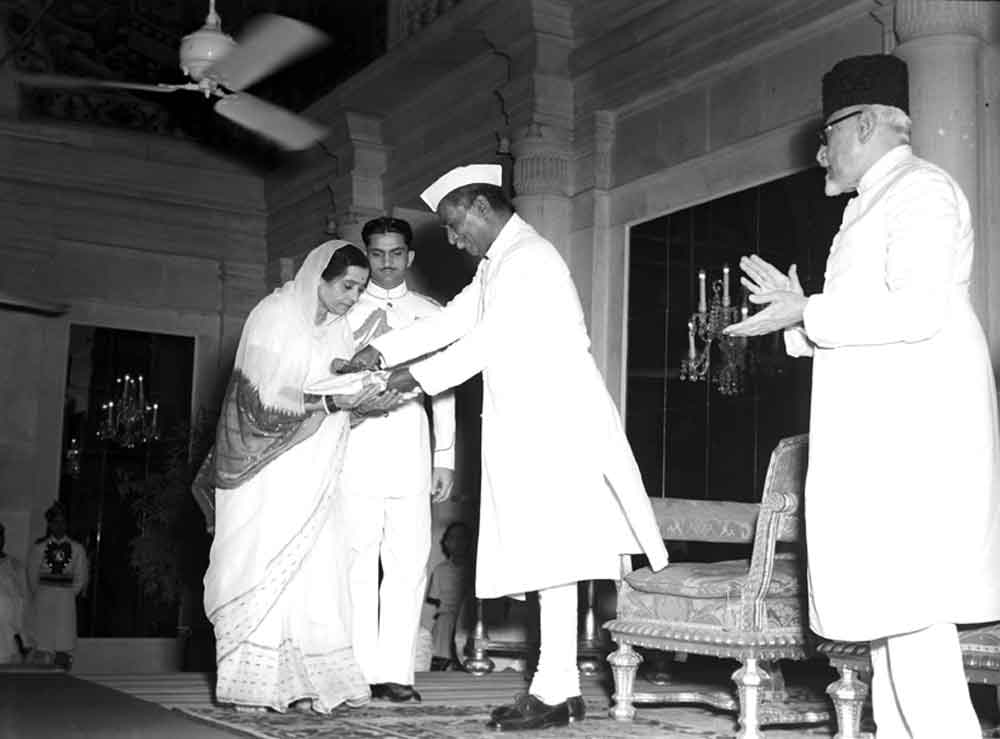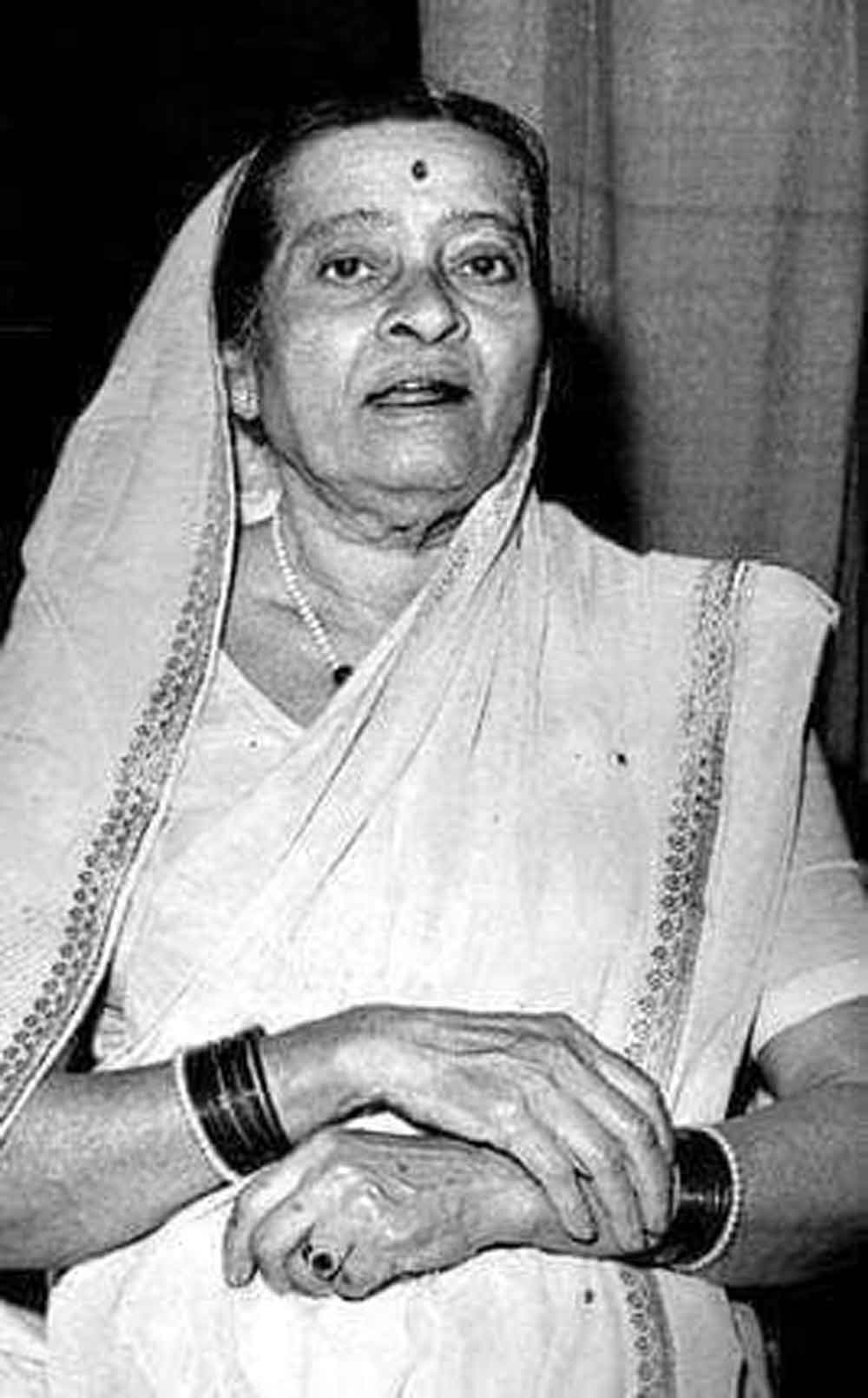In 1977, NASA’s Voyager I spacecraft was launched into space, carrying a special golden record with music from around the world. One of the songs chosen for this record was sung by legendary Indian classical singer Kesarbai Kerkar. Her song, ’Jaat kahan ho akeli gori‘ in raga Bhairavi, represents India’s rich musical heritage and is now floating through space, possibly to be heard by life beyond Earth.

Kesarbai Kerkar was born in July 1892 in a small village called Keri in Goa. She hailed from a family with a musical background, but worked very hard to achieve her success. As a child, she moved to Kolhapur and trained under several famous musicians. However, her real breakthrough came when she became a student of Ustad Alladiya Khan, founder of the Jaipur-Atrauli gharana, a school of classical music. Though mastering his complex singing style was difficult, Kesarbai was determined and studied under him for more than 25 years, eventually becoming a master of khyal singing.
Kesarbai’s talent and hard work brought her many honours. In 1938, Rabindranath Tagore gave her the title of ’Surshri‘ (Queen of Music). In 1953, she won the Sangeet Natak Akademi Award, India’s highest recognition for artists, and in 1969, she was awarded the Padma Bhushan, one of India’s top civilian awards. The government of Maharashtra also named her the ’Rajya Gayika‘ (State Singer), recognising her as one of the greatest classical singers of her time.

Kesarbai’s success wasn’t just about her talent. She also broke barriers for women in the world of classical music, which was mostly dominated by men. At a time when women singers were often limited to traditional roles, Kesarbai paved the way for future generations of female musicians. Along with other greats like Hirabai Barodekar and Gangubai Hangal, she helped change the perception of women in Indian classical music.
A Legacy Beyond Earth
In 1977, the same year she passed away, Kesarbai’s voice made history when her song was included on the Voyager I Golden Record. Selected by a team led by famous astronomer Carl Sagan, her song was chosen to represent India’s rich cultural tradition. This recording is still travelling through space, a reminder of the beauty and diversity of life on Earth.

Kesarbai Kerkar’s music and legacy live on—not just here on Earth, but far beyond, as her voice continues its journey through the stars.